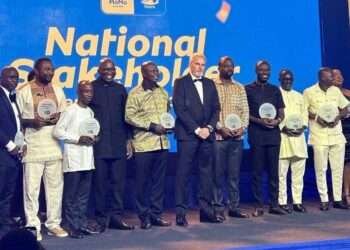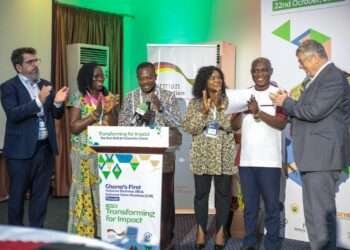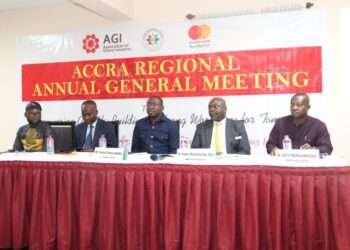Dr. Francis Mangeni, the Director of Regional Economic Communities has stated that the institutionalization of the Africa Prosperity Dialogues (APD) will be the turning point in the history of the African continent.
Taking turns to address the participants, Dr. Mangeni noted that the state-to-state nature of the Dispute Settlement Mechanism of AfCFTA could be a potential barrier to ensuring effective dispute resolution under the Agreement.
“African States, if not completely, almost never litigate against each other over trade-related matters and it is uncertain if they would do so in the case of the AfCFTA. Relatively, the question of who can initiate legal proceedings is crucial to the evaluation of the AfCFTA legal framework.
“However, it is important that the AfCFTA program provides an efficient dispute settlement option for the private sector which is a key player in the AfCFTA ecosystem. Hence, addressing critical legal and institutional constraints is of utmost priority now than ever.”
Dr. Francis Mangeni
According to the Director, the low participation of African States in trade dispute resolution at WTO and within African Regional Economic Communities is a glaring indication that they do not possess the political will to resolve trade issues.
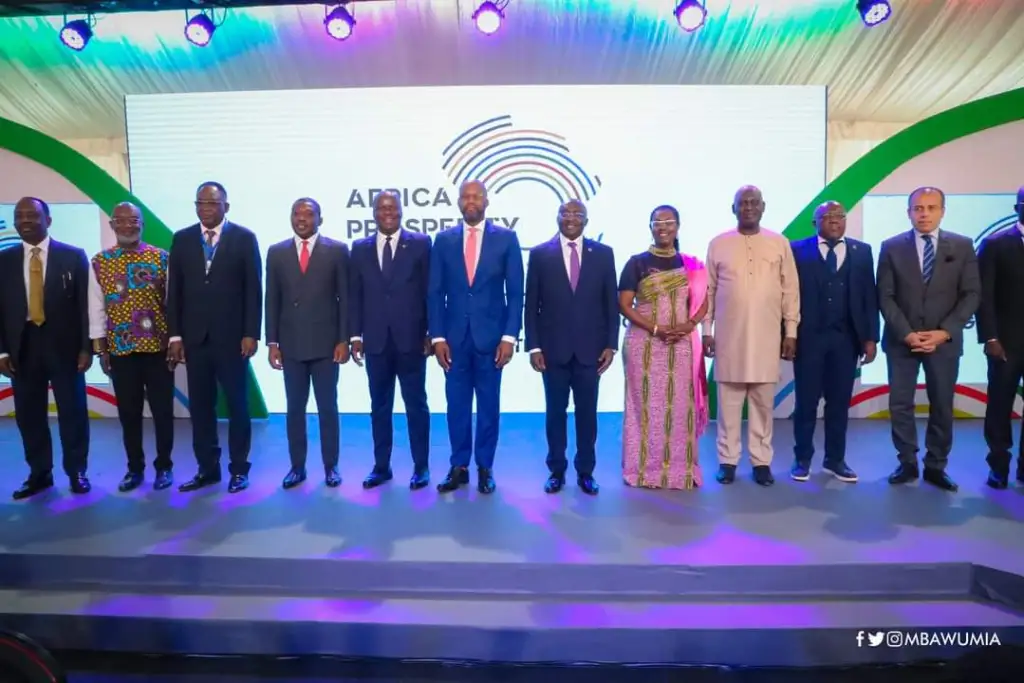
Dr. Mangeni was participating in a panel discussion in the maiden Africa Prosperity Dialogues at the Safari Valley Resort in Adukrom, Eastern Region. To this end, participants at the Africa Prosperity Dialogues have been discussing the topic: “Addressing Critical Legal and Institutional Constraints”.
Going By the Dream
Ijeoma Uju, a Partner at Templars, contributing to the topic said, “We have successfully negotiated the protocol on dispute resolution settlement but if we are going by the dream ‘From Ambition to Action’ then the ambition will have to start from the AfCFTA protocol document itself”.
“So, the AfCFTA agreement itself has to eliminate every friction that would deter us from moving from Ambition to Action. So, we do have a dispute settlement mechanism but we have also the disinclination of even the state to adjudicate. The process is there, so why haven’t they…we have been a wholesale copying of what we have with the World Trade Organization (WTO) and even under the WTO African state rarely adjudicate…so maybe we shouldn’t focus on the adjudicatory process. Maybe we should begin to focus on the none-adjudicatory processes whereby we use the ADR.
“We don’t have many wealthy African states so we may want to remove the friction on time, and expense and see how we can make it work. We should also begin to progressively eliminate all friction that would disallow people from seeking justice.”
Ijeoma Uju
Mansa Williams, a Lawyer at Africa Legal Associates also said, “The AFCFTA has opted for amicable settlement arbitration instead of the court system but I’m in favour of the court system instead of the arbitration –for predictability and transparency”.
“Africa governments must ensure that they don’t unnecessarily drag the process because as it stands there is a lot of opportunities for these processes to be dragged and some of these issues that will come will have to be dispatched expeditiously.”
Mansa Williams
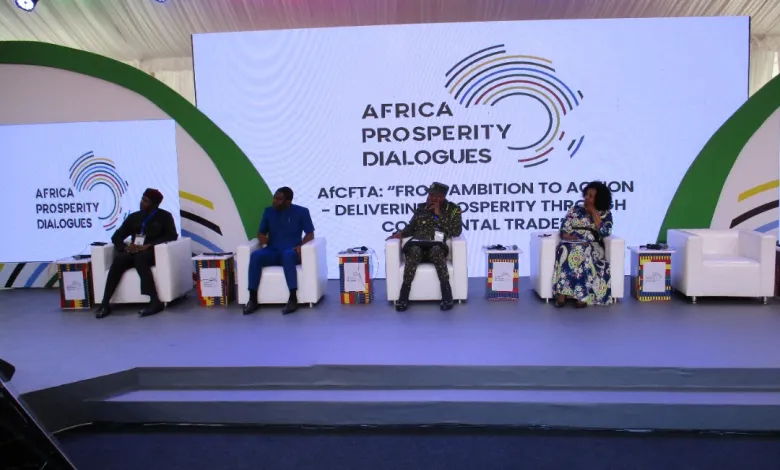
High Profile African political and business leaders are in Ghana to participate in the maiden edition of the Africa Prosperity Dialogues (APD), an indigenous African initiative aimed at proposing signature policies to ensure the Africa Continental Free Trade Area (AfCFTA) is fully implemented.
The three-day event which began on Thursday, 26th January, 2023, will reach a climax tomorrow, Saturday, 28th January, 2023 when President Akufo-Addo will host the participants at the Presidential retreat, Peduase Lodge.
READ ALSO: Oil Prices Advance for A Second Session In a Row on the Prospects of Chinese Recovery and US Growth



